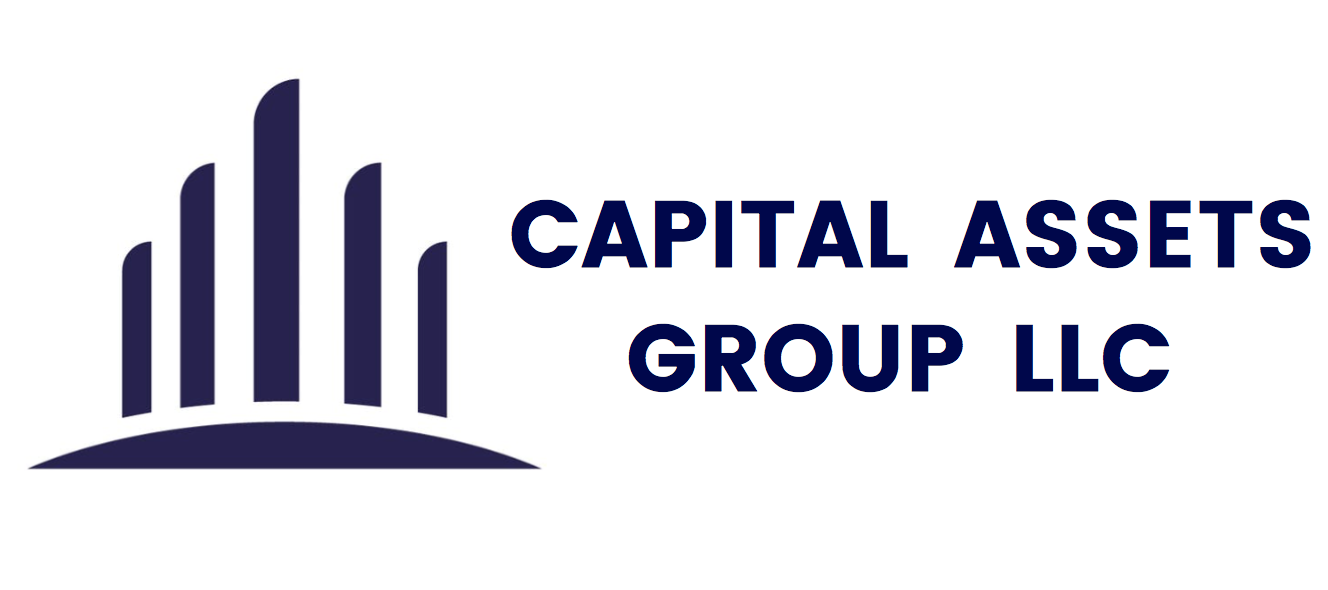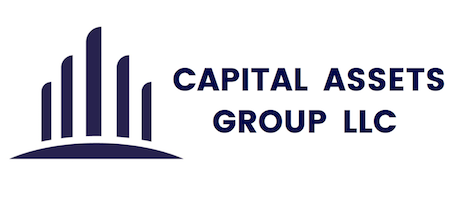Owner financing or seller financing describes when a seller allows the buyer to make payments over time for the purchase of property. This private financing by the seller can be instead of a bank loan or it can be in addition to another mortgage, even a conventional mortgage with a bank.
The buyer and seller agree upon and document the payment amount, interest rate and other terms. The amount financed (loaned) by the seller will depend on the buyer’s down payment and whether there are any other loans, such as from a bank.
Here’s an example that shows how it works.
An owner advertises his or her house for sale, either on their own or through an agent.
A buyer makes an offer, and they agree upon a sales price of $175,000 with a 10 percent down payment of $17,500, leaving $157, 500 to be financed or paid over time.
Rather than requiring the buyer to obtain a bank loan, the seller carries back the balance of $157,500 in the form of a note and mortgage. It could also be a note and deed of trust or a real estate contract, depending on the customary documents for that state. A title company or real estate attorney is often used to prepare the documents, provide the escrow account and disburse funds as well as get the right documents recorded at the courthouse.
The note spells out the terms of repayment. In this case they agree upon 8.5 percent interest at $1,211.04 per month based on a 360-month amortization. The seller doesn’t really want to wait a full 30 years for payments, so the note requires payment in full, known as a balloon payment, within seven years.
Because the buyer is making payments to the seller rather than to a bank or other institutional lender, the legal arrangement is called a private mortgage, seller carry-back, installment sale, or owner financing.
The seller has the same mortgage rights as a bank, so if the buyer does not make payments, the seller can foreclose and sell the property to recover the amount owed or take the property back.
At some point during the agreement, many sellers want or need to get a larger amount of cash than just the monthly payments. When that happens, the sellers rights to the future payments can be sold or assigned to a note investor on the secondary market. We help note sellers that are interested in selling their note.

